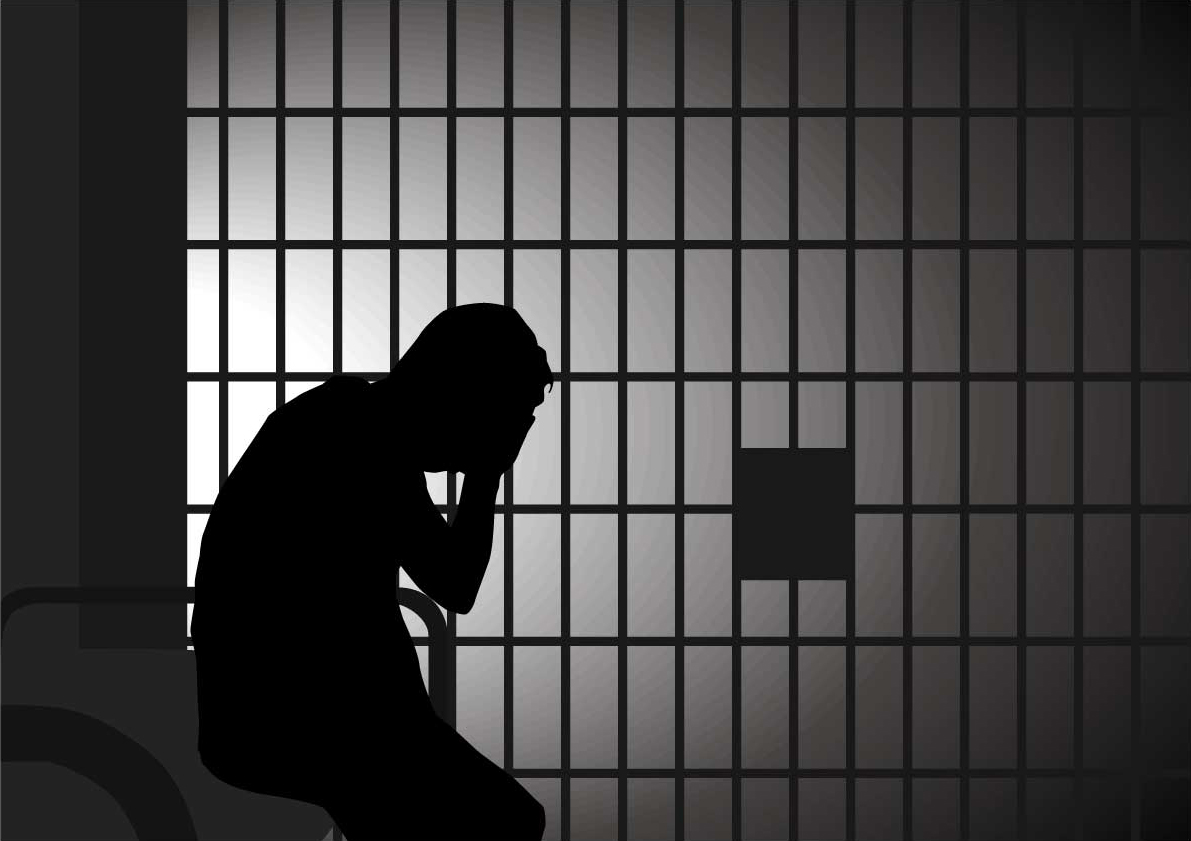The idea that victims of social injustice who commit crimes ought not to be subject to punishment has attracted serious attention in recent legal and political philosophy. R. A. Duff has argued, for example, that states that perpetrate social injustice lack the standing to punish victims of such injustice who commit crimes. A crucial premise in his argument concerns the fact that when courts in liberal society mete out legitimate criminal punishments, they are conceived as acting in the name of all citizens—on behalf of the whole political community. Resisting this premise, Peter Chau has suggested that courts ought to be conceived as acting only in the name of ‘‘just citizens’’: citizens who cannot be plausibly seen as having contributed to distributive injustice. When conceived in this way, Chau argues, courts can no longer plausibly be regarded as lacking standing to punish.
This article uses the debate between Duff and Chau to explain why the question of whether to punish socially deprived offenders can only be answered adequately when connected to broader concerns of democratic theory. Specifically, it argues that Chau’s proposal is not available within the kind of political community upon which a system of liberal criminal law depends for its justification and maintenance: a community in which citizens see the law as embodying shared norms whose specific demands they disagree about. State officials are morally permitted to see themselves as acting on behalf of a subset of the citizenry, I argue, only in circumstances of democratic crisis: circumstances in which a genuine moral community no longer obtains.

